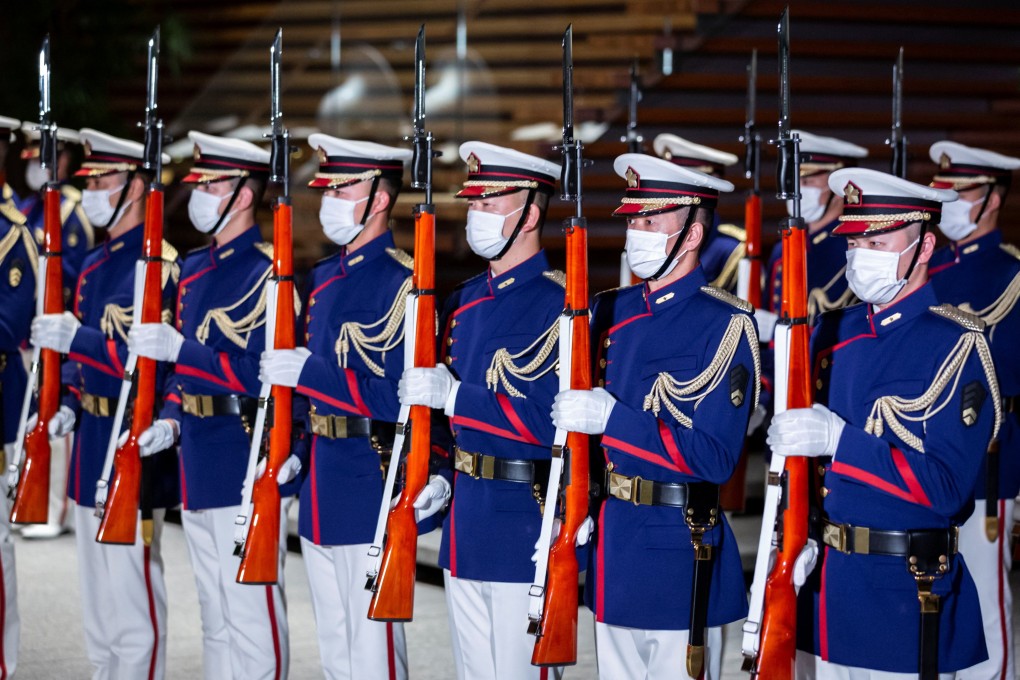Japan’s ruling party pushes to double defence budget, amid concerns over China, Russia, North Korea
- Liberal Democratic Party wants to ‘drastically strengthen Japan’s defence capabilities’ in stark contrast to country’s traditional pacifist stance
- Prime Minister Fumio Kishida would need to increase budget to almost US$86 billion annually to meet the party’s demands

Japan’s Liberal Democratic Party on Wednesday asked Prime Minister Fumio Kishida to consider doubling the country’s defence budget to an amount on par with 2 per cent or more of its gross domestic product, citing the region’s increasingly complex and severe security environment.
A set of proposals finalised by the ruling party last week, calling also for the development of counterstroke abilities by the Self-Defence Forces, will serve as a basis for the government to update the National Security Strategy by the end of the year.
The LDP’s push to allow Japan to fire upon and disable enemy missiles before launch from foreign territory and target command centres remains controversial given the country has long held an exclusively self-defence-oriented security policy position under its war-renouncing Constitution.
The first revision of the long-term security guideline, which was originally approved by the Cabinet in late 2013, will come amid China’s growing military assertiveness in the region, possibly emboldened by Russia’s invasion of Ukraine, and North Korea’s increasing missile and nuclear threat.
“Russia’s invasion of Ukraine continues. In a situation that can be said to be the greatest (current) crisis for the international community, we must drastically strengthen Japan’s defence capabilities,” Defence Minister Nobuo Kishi said upon receiving the proposals earlier in the day.
With the defence spending target of more than 2 per cent of GDP for North Atlantic Treaty Organisation nations in mind, the ruling party, led by Kishida, has said Japan should aim to increase its spending to reach a level “necessary to fundamentally reinforce defence capabilities in five years.”